Collections
Anthologies Art & Photography Award Winning Biographical Fiction Biographies Book Club Favorites Contemporary Fiction Debut Fiction Debut Nonfiction Ecolit & the Natural World Education Essays Historical Fiction History of Science Human Rights & Social Issues International Voices Jewish Literature Literature in Translation Memoirs Mental Health & Psychology Novels Science & Medicine Short Stories
March 10th, 2026
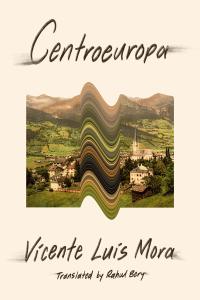
Centroeuropa
centroeuropa [object Object] 9781954276536
Vicente Luis Mora
February 24th, 2026
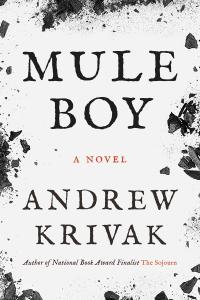
Mule Boy
mule boy [object Object] 9781954276475
Andrew Krivak
January 13th, 2026
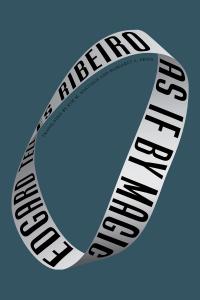
As If by Magic
as if by magic [object Object] 9781954276512
Edgard Telles Ribeiro
September 16th, 2025
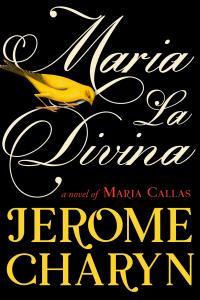
Maria La Divina
maria la divina [object Object] 9781954276499
Jerome Charyn
July 1st, 2025
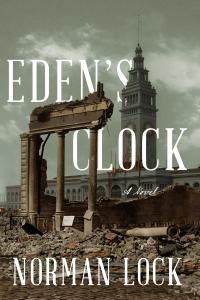
Eden’s Clock
eden’s clock [object Object] 9781954276390
Norman Lock
June 10th, 2025
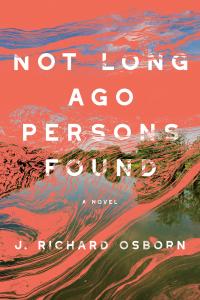
Not Long Ago Persons Found
not long ago persons found [object Object] 9781954276413
J. Richard Osborn
May 13th, 2025
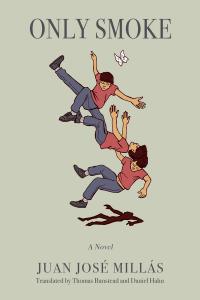
Only Smoke
only smoke [object Object] 9781954276451
Juan José Millás
April 1st, 2025

A Perfect Turmoil
a perfect turmoil [object Object] 9781954276437
Alex Green
March 11th, 2025
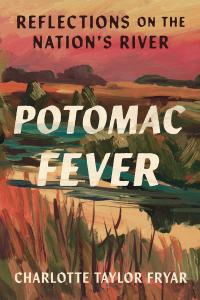
Potomac Fever
potomac fever [object Object] 9781954276352
Charlotte Taylor Fryar
February 4th, 2025
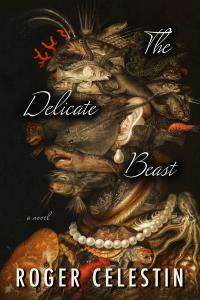
The Delicate Beast
the delicate beast [object Object] 9781954276376
Roger Celestin
January 14th, 2025
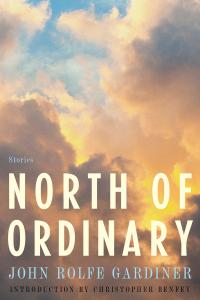
North of Ordinary
north of ordinary [object Object] 9781954276338
John Rolfe Gardiner
August 6th, 2024

Life After Kafka
life after kafka [object Object] 9781954276307
Magdaléna Platzová
July 2nd, 2024
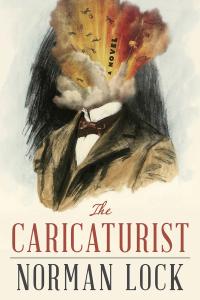
The Caricaturist
the caricaturist [object Object] 9781954276284
Norman Lock
May 21st, 2024
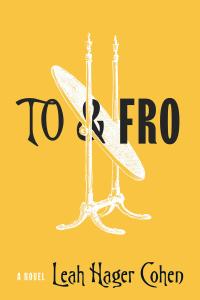
To & Fro
to and fro [object Object] 9781954276260
Leah Hager Cohen
May 7th, 2024
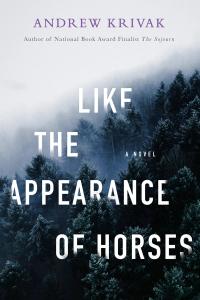
Like the Appearance of Horses
like the appearance of horses [object Object] 9781954276314
Andrew Krivak
March 12th, 2024
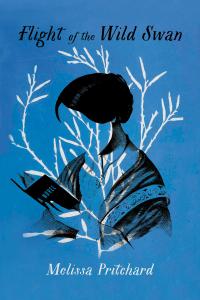
Flight of the Wild Swan
flight of the wild swan [object Object] 9781954276222
Melissa Pritchard
February 6th, 2024
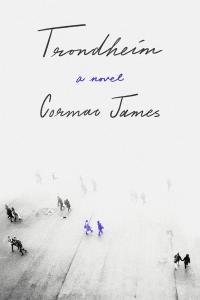
Trondheim
trondheim [object Object] 9781954276246
Cormac James
August 22nd, 2023
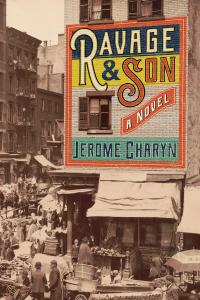
Ravage & Son
ravage and son [object Object] 9781954276208
Jerome Charyn
July 4th, 2023
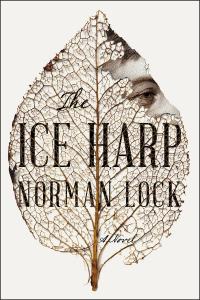
The Ice Harp
the ice harp [object Object] 9781954276185
Norman Lock
June 13th, 2023
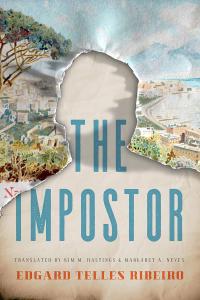
The Impostor
the impostor [object Object] 9781954276161
Edgard Telles Ribeiro
March 21st, 2023
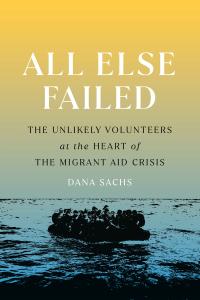
All Else Failed
all else failed [object Object] 9781954276109
Dana Sachs
February 21st, 2023
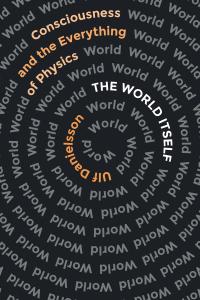
The World Itself
the world itself [object Object] 9781954276123
Ulf Danielsson
January 24th, 2023
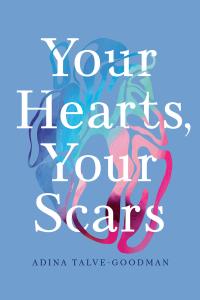
Your Hearts, Your Scars
your hearts- your scars [object Object] 9781954276062
Adina Talve-Goodman
September 20th, 2022

Canción
cancion [object Object] 9781954276086
Eduardo Halfon
September 6th, 2022
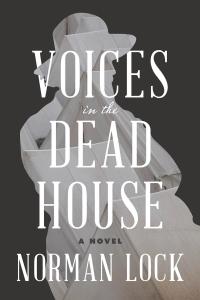
Voices in the Dead House
voices in the dead house [object Object] 9781954276024
Norman Lock
August 23rd, 2022
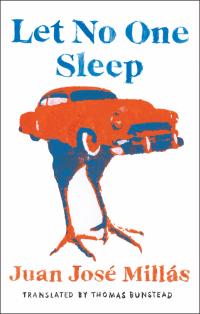
Let No One Sleep
let no one sleep [object Object] 9781942658948
Juan José Millás
May 10th, 2022
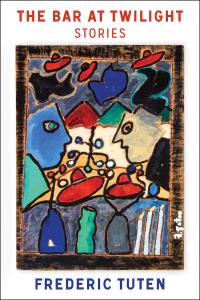
The Bar at Twilight
the bar at twilight [object Object] 9781954276048
Frederic Tuten
April 19th, 2022
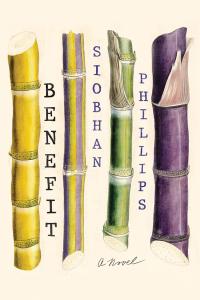
Benefit
benefit [object Object] 9781954276000
Siobhan Phillips
March 22nd, 2022
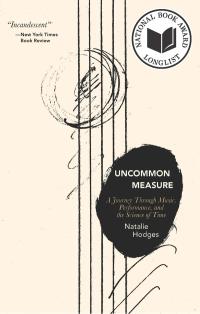
Uncommon Measure
uncommon measure [object Object] 9781942658986
Natalie Hodges
February 22nd, 2022
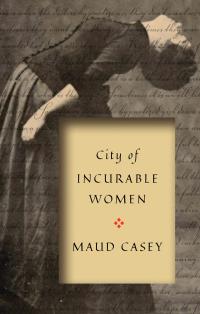
City of Incurable Women
city of incurable women [object Object] 9781942658900
Maud Casey
January 25th, 2022
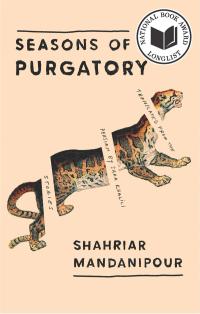
Seasons of Purgatory
seasons of purgatory [object Object] 9781942658962
Shahriar Mandanipour
October 12th, 2021
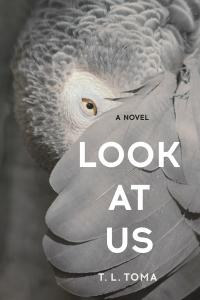
Look at Us
look at us [object Object] 9781942658924
T. L. Toma
July 6th, 2021
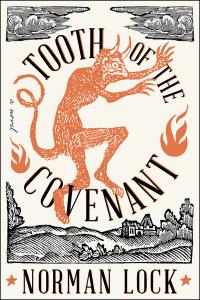
Tooth of the Covenant
tooth of the covenant [object Object] 9781942658849
Norman Lock
June 8th, 2021
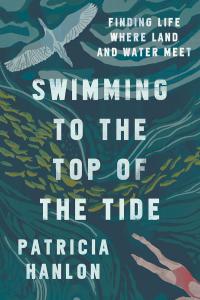
Swimming to the Top of the Tide
swimming to the top of the tide [object Object] 9781942658887
Patricia Hanlon
May 4th, 2021
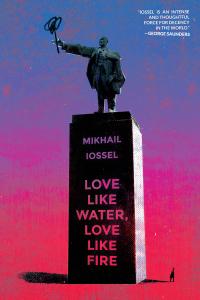
Love Like Water, Love Like Fire
love like water- love like fire [object Object] 9781942658573
Mikhail Iossel
March 9th, 2021
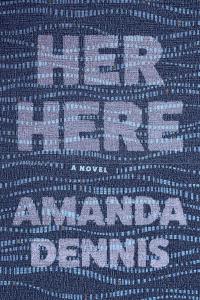
Her Here
her here [object Object] 9781942658764
Amanda Dennis
February 9th, 2021
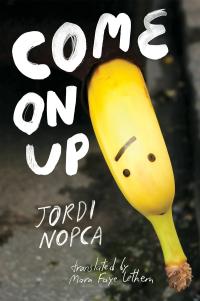
Come On Up
come on up [object Object] 9781942658801
Jordi Nopca
January 5th, 2021
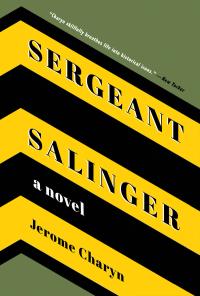
Sergeant Salinger
sergeant salinger [object Object] 9781942658740
Jerome Charyn
September 15th, 2020
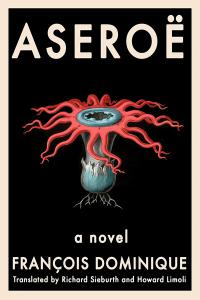
Aseroë
aseroe [object Object] 9781942658788
François Dominique
August 25th, 2020
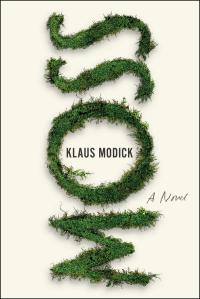
Moss
moss [object Object] 9781942658726
Klaus Modick
July 7th, 2020
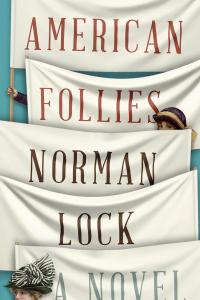
American Follies
american follies [object Object] 9781942658481
Norman Lock
March 4th, 2020
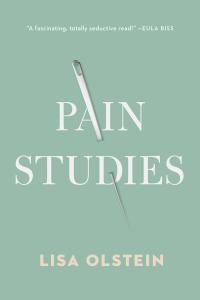
Pain Studies
pain studies [object Object] 9781942658689
Lisa Olstein
February 11th, 2020
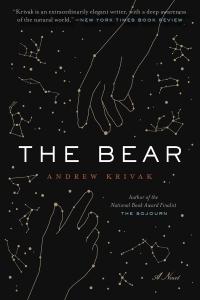
The Bear
the bear [object Object] 9781942658702
Andrew Krivak
January 7th, 2020
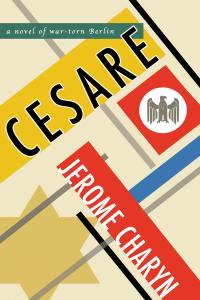
Cesare
cesare [object Object] 9781942658511
Jerome Charyn
August 27th, 2019
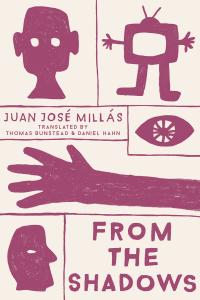
From the Shadows
from the shadows [object Object] 9781942658665
Juan José Millás
July 16th, 2019
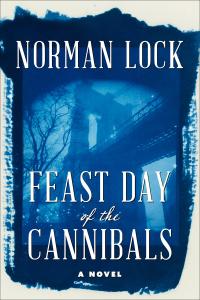
Feast Day of the Cannibals
feast day of the cannibals [object Object] 9781942658467
Norman Lock
May 7th, 2019
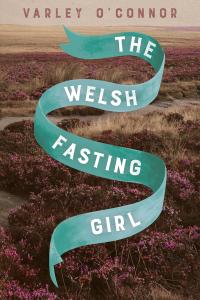
The Welsh Fasting Girl
the welsh fasting girl [object Object] 9781942658627
Varley O’Connor
April 9th, 2019
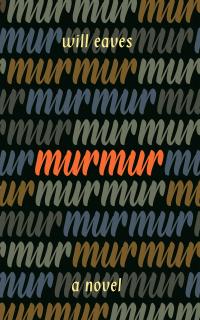
Murmur
murmur [object Object] 9781942658641
Will Eaves
March 12th, 2019
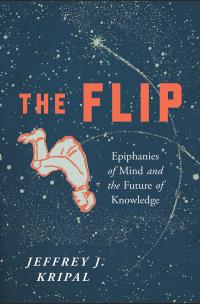
The Flip
the flip [object Object] 9781942658528
Jeffrey J. Kripal
February 12th, 2019

Tacoma Stories
tacoma stories [object Object] 9781942658542
Richard Wiley
January 1st, 2019
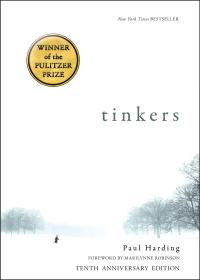
Tinkers
tinkers [object Object] 9781942658603
Paul Harding
August 28th, 2018
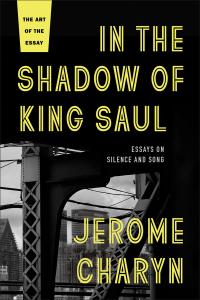
In the Shadow of King Saul
in the shadow of king saul [object Object] 9781942658429
Jerome Charyn
June 5th, 2018
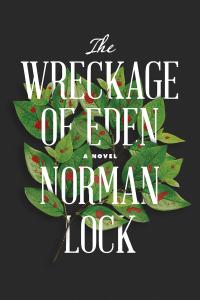
The Wreckage of Eden
the wreckage of eden [object Object] 9781942658382
Norman Lock
May 8th, 2018
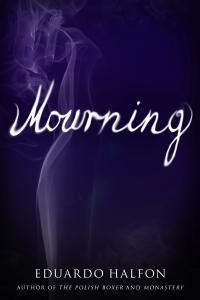
Mourning
mourning [object Object] 9781942658443
Eduardo Halfon
May 1st, 2018
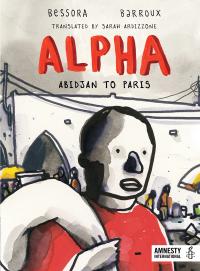
Alpha
alpha [object Object] 9781942658412
Bessora Barroux
March 13th, 2018
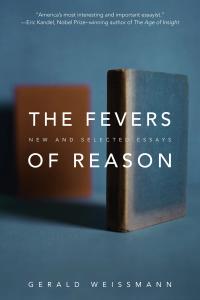
The Fevers of Reason
the fevers of reason [object Object] 9781942658320
Gerald Weissmann
February 13th, 2018
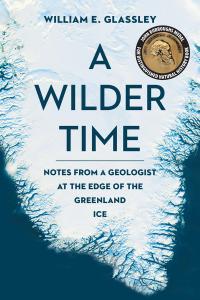
A Wilder Time
a wilder time [object Object] 9781942658344
William E. Glassley
January 9th, 2018
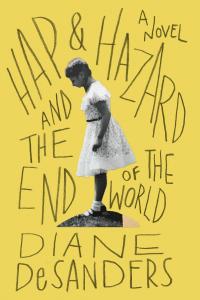
Hap and Hazard and the End of the World
hap and hazard and the end of the world [object Object] 9781942658368
Diane DeSanders
October 10th, 2017
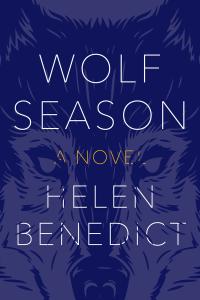
Wolf Season
wolf season [object Object] 9781942658306
Helen Benedict
July 11th, 2017
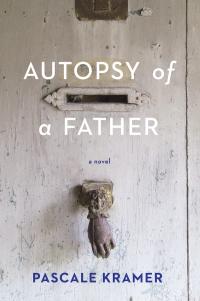
Autopsy of a Father
autopsy of a father [object Object] 9781942658245
Pascale Kramer
June 6th, 2017
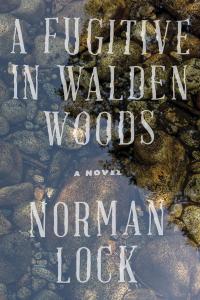
A Fugitive in Walden Woods
a fugitive in walden woods [object Object] 9781942658221
Norman Lock
May 9th, 2017
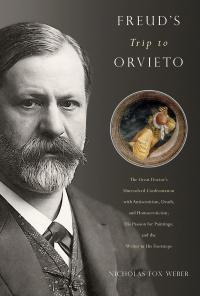
Freud’s Trip to Orvieto
freud’s trip to orvieto [object Object] 9781942658276
Nicholas Fox Weber
May 2nd, 2017

The Topography of Tears
the topography of tears [object Object] 9781942658283
Rose-Lynn Fisher
March 14th, 2017
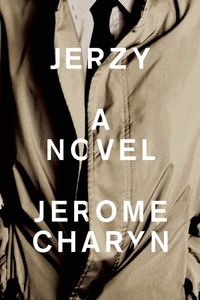
Jerzy
jerzy [object Object] 9781942658153
Jerome Charyn
January 10th, 2017
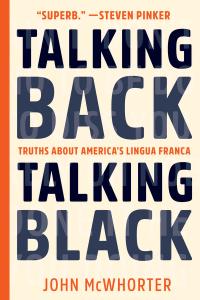
Talking Back, Talking Black
talking back- talking black [object Object] 9781942658214
John McWhorter
January 10th, 2017
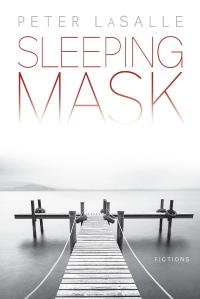
Sleeping Mask
sleeping mask [object Object] 9781942658191
Peter LaSalle
October 11th, 2016
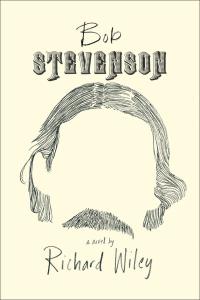
Bob Stevenson
bob stevenson [object Object] 9781942658177
Richard Wiley
August 23rd, 2016

A Road Unforeseen
a road unforeseen [object Object] 9781942658115
Meredith Tax
June 14th, 2016
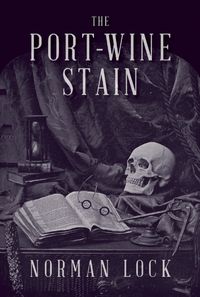
The Port-Wine Stain
the port-wine stain [object Object] 9781942658078
Norman Lock
May 10th, 2016
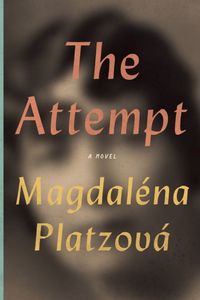
The Attempt
the attempt [object Object] 9781942658092
Magdaléna Platzová
May 10th, 2016
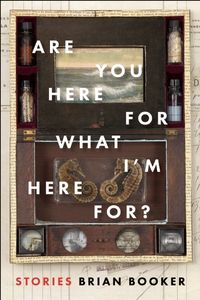
Are You Here For What I’m Here For?
are you here for what i’m here for? [object Object] 9781942658139
Brian Booker
March 15th, 2016
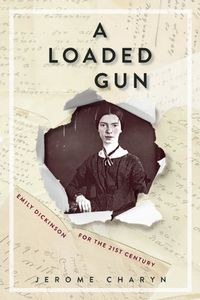
A Loaded Gun
a loaded gun [object Object] 9781934137994
Jerome Charyn
March 15th, 2016
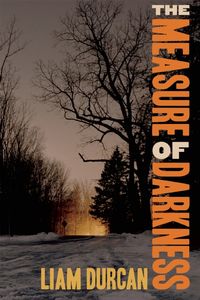
The Measure of Darkness
the measure of darkness [object Object] 9781942658054
Liam Durcan
January 12th, 2016
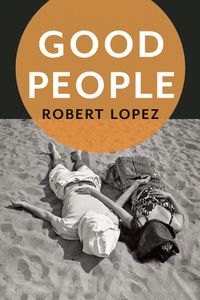
Good People
good people [object Object] 9781942658030
Robert Lopez
September 15th, 2015
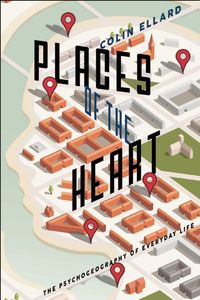
Places of the Heart
places of the heart [object Object] 9781942658016
Colin Ellard
June 9th, 2015
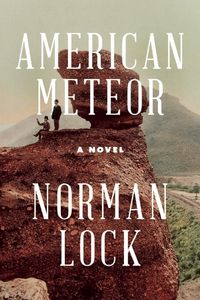
American Meteor
american meteor [object Object] 9781934137949
Norman Lock
June 2nd, 2015
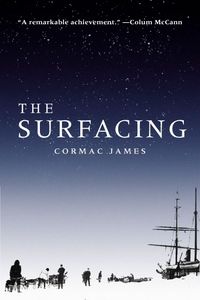
The Surfacing
the surfacing [object Object] 9781934137925
Cormac James
May 12th, 2015
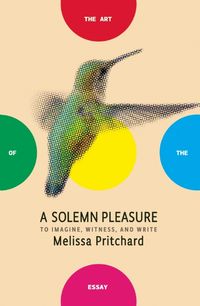
A Solemn Pleasure
a solemn pleasure [object Object] 9781934137963
Melissa Pritchard
February 10th, 2015
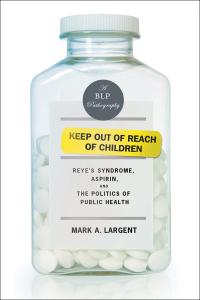
Keep Out of Reach of Children
keep out of reach of children [object Object] 9781934137888
Mark A. Largent
January 13th, 2015
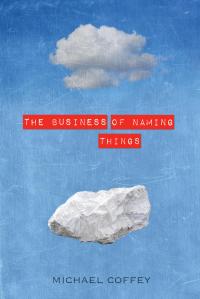
The Business of Naming Things
the business of naming things [object Object] 9781934137864
Michael Coffey
October 14th, 2014
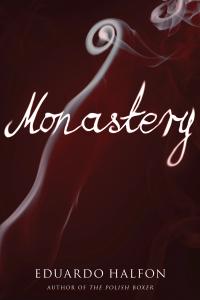
Monastery
monastery [object Object] 9781934137826
Eduardo Halfon
October 14th, 2014
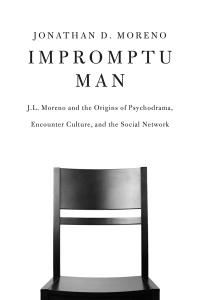
Impromptu Man
impromptu man [object Object] 9781934137840
Jonathan D. Moreno
July 15th, 2014
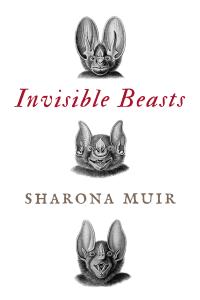
Invisible Beasts
invisible beasts [object Object] 9781934137802
Sharona Muir
July 8th, 2014
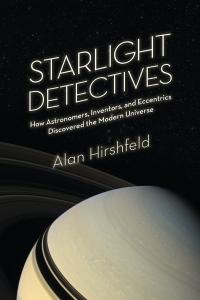
Starlight Detectives
starlight detectives [object Object] 9781934137789
Alan Hirshfeld
May 13th, 2014
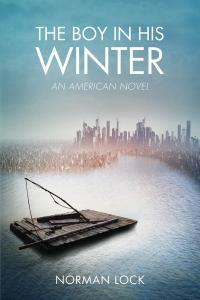
The Boy in His Winter
the boy in his winter [object Object] 9781934137765
Norman Lock
April 22nd, 2014

The Poetic Species
the poetic species [object Object] 9781934137727
Edward O. Wilson Robert Hass
February 18th, 2014
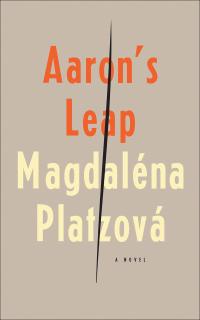
Aaron’s Leap
aaron’s leap [object Object] 9781934137703
Magdaléna Platzová
January 14th, 2014
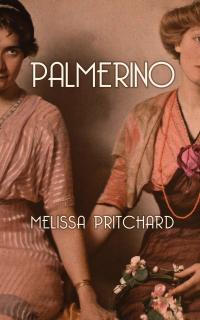
Palmerino
palmerino [object Object] 9781934137680
Melissa Pritchard
October 15th, 2013
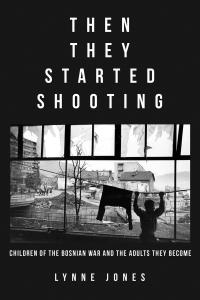
Then They Started Shooting
then they started shooting [object Object] 9781934137666
Lynne Jones
May 21st, 2013
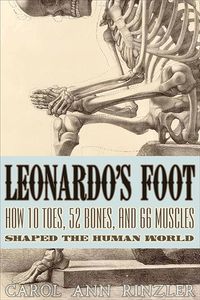
Leonardo’s Foot
leonardo’s foot [object Object] 9781934137635
Carol Ann Rinzler
May 7th, 2013
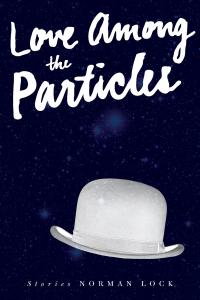
Love Among the Particles
love among the particles [object Object] 9781934137642
Norman Lock
April 16th, 2013

Country of Ash
country of ash [object Object] 9781934137598
Edward Reicher
April 16th, 2013
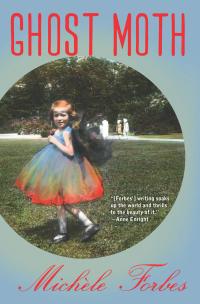
Ghost Moth
ghost moth [object Object] 9781934137611
Michèle Forbes
January 1st, 2013
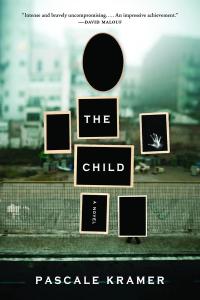
The Child
the child [object Object] 9781934137581
Pascale Kramer
October 2nd, 2012

The Polish Boxer
the polish boxer [object Object] 9781934137567
Eduardo Halfon
September 4th, 2012

The Cage
the cage [object Object] 9781934137543
Gordon Weiss
June 19th, 2012
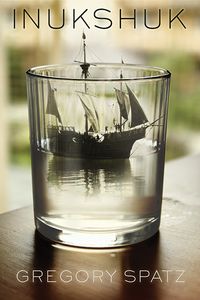
Inukshuk
inukshuk [object Object] 9781934137482
Gregory Spatz
May 1st, 2012
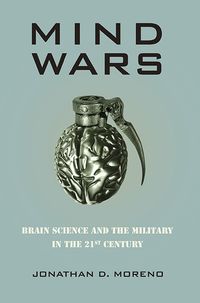
Mind Wars
mind wars [object Object] 9781934137505
Jonathan D. Moreno
May 1st, 2012
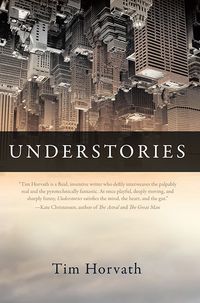
Understories
understories [object Object] 9781934137499
Tim Horvath
March 6th, 2012
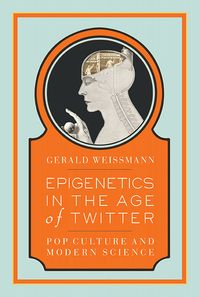
Epigenetics in the Age of Twitter
epigenetics in the age of twitter [object Object] 9781934137512
Gerald Weissmann
January 10th, 2012
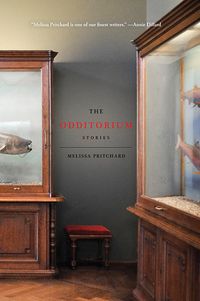
The Odditorium
the odditorium [object Object] 9781934137475
Melissa Pritchard
October 11th, 2011
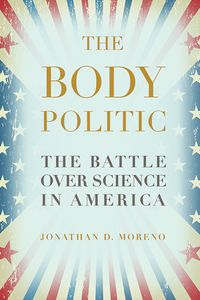
The Body Politic
the body politic [object Object] 9781934137468
Jonathan D. Moreno
June 14th, 2011
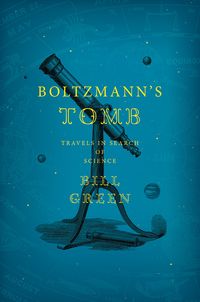
Boltzmann’s Tomb
boltzmann’s tomb [object Object] 9781934137529
Bill Green
April 19th, 2011
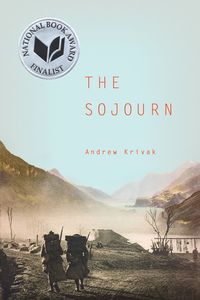
The Sojourn
the sojourn [object Object] 9781934137413
Andrew Krivak
February 1st, 2011
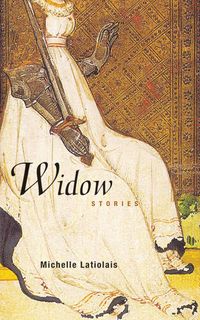
Widow
widow [object Object] 9781934137406
Michelle Latiolais
November 30th, 2010
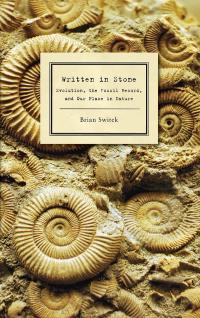
Written in Stone
written in stone [object Object] 9781934137369
Brian Switek
April 1st, 2010
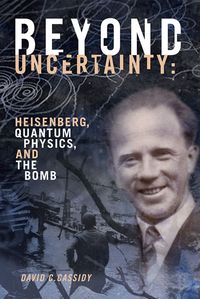
Beyond Uncertainty
beyond uncertainty [object Object] 9781934137321
David C. Cassidy
October 1st, 2009

Strange Bedfellows
strange bedfellows [object Object] 9781934137208
David P. Barash Judith Eve Lipton
September 1st, 2009

The Anatomist
the anatomist [object Object] 9781934137215
Bill Hayes
June 1st, 2009
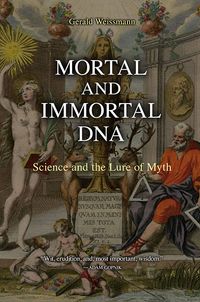
Mortal and Immortal DNA
mortal and immortal dna [object Object] 9781934137161
Gerald Weissmann
May 1st, 2009

The Jump Artist
the jump artist [object Object] 9781934137277
Austin Ratner
April 1st, 2009
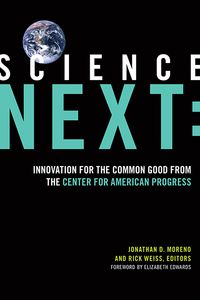
Science Next
science next [object Object] 9781934137185
Jonathan D. Moreno
April 1st, 2009
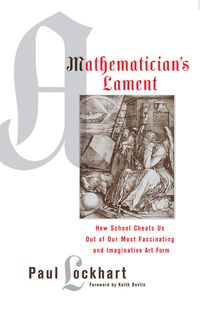
A Mathematician’s Lament
a mathematician’s lament [object Object] 9781934137338
Paul Lockhart
January 1st, 2009
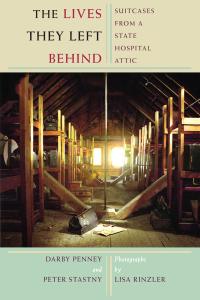
The Lives They Left Behind
the lives they left behind [object Object] 9781934137239
Darby Penney Peter Stastny
June 1st, 2008
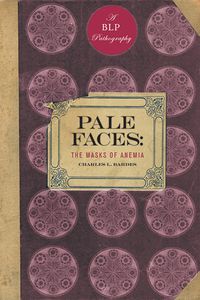
Pale Faces
pale faces [object Object] 9781934137109
Charles L. Bardes
May 1st, 2008
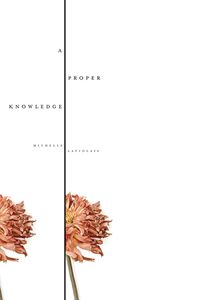
A Proper Knowledge
a proper knowledge [object Object] 9781934137260
Michelle Latiolais
May 1st, 2008
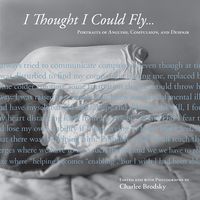
I Thought I Could Fly
i thought i could fly [object Object] 9781934137093
Charlee Brodsky
April 1st, 2008
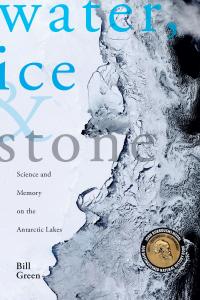
Water, Ice & Stone
water- ice and stone [object Object] 9781934137086
Bill Green
February 1st, 2008
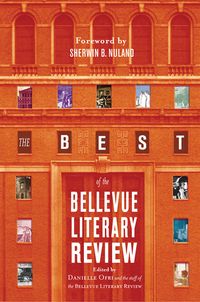
The Best of the Bellevue Literary Review
the best of the bellevue literary review [object Object] 9781934137253
Danielle Ofri
January 1st, 2008
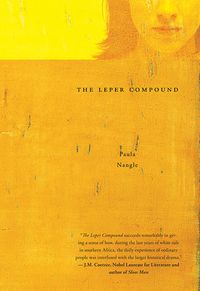
The Leper Compound
the leper compound [object Object] 9781934137062
Paula Nangle
October 1st, 2007
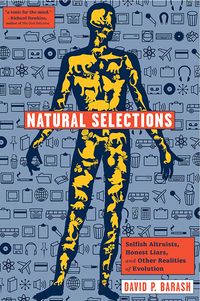
Natural Selections
natural selections [object Object] 9781934137246
David P. Barash
June 1st, 2007
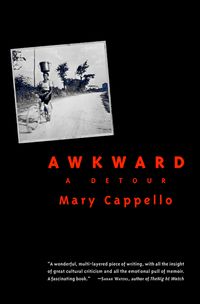
Awkward
awkward [object Object] 9781934137017
Mary Cappello
May 1st, 2007
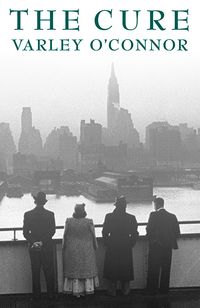
The Cure
the cure [object Object] 9781934137031
Varley O’Connor
April 1st, 2007
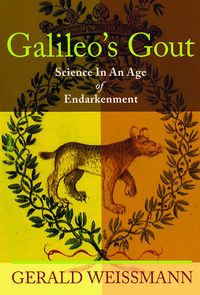
Galileo’s Gout
galileo’s gout [object Object] 9781942658894
Gerald Weissmann
